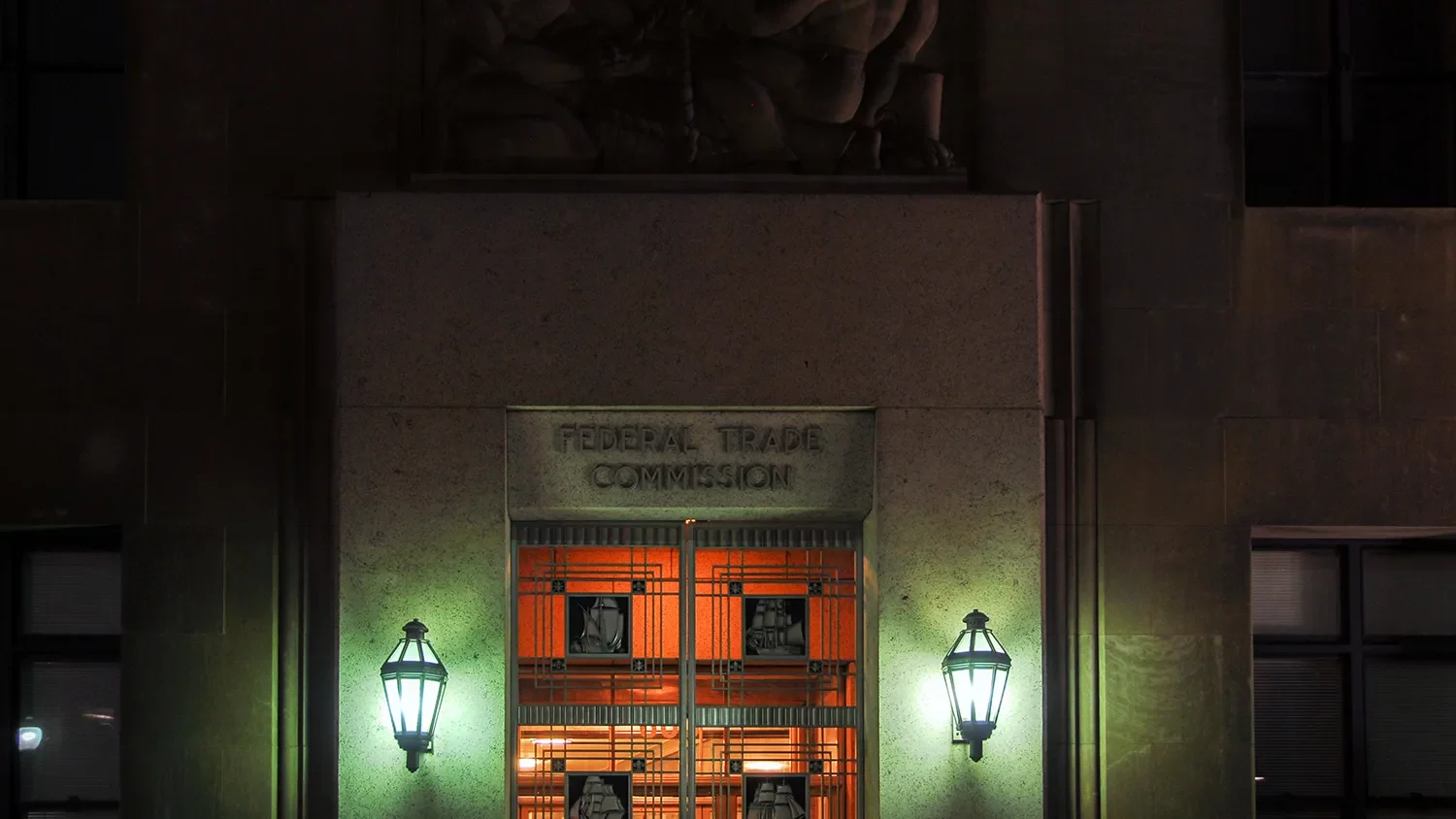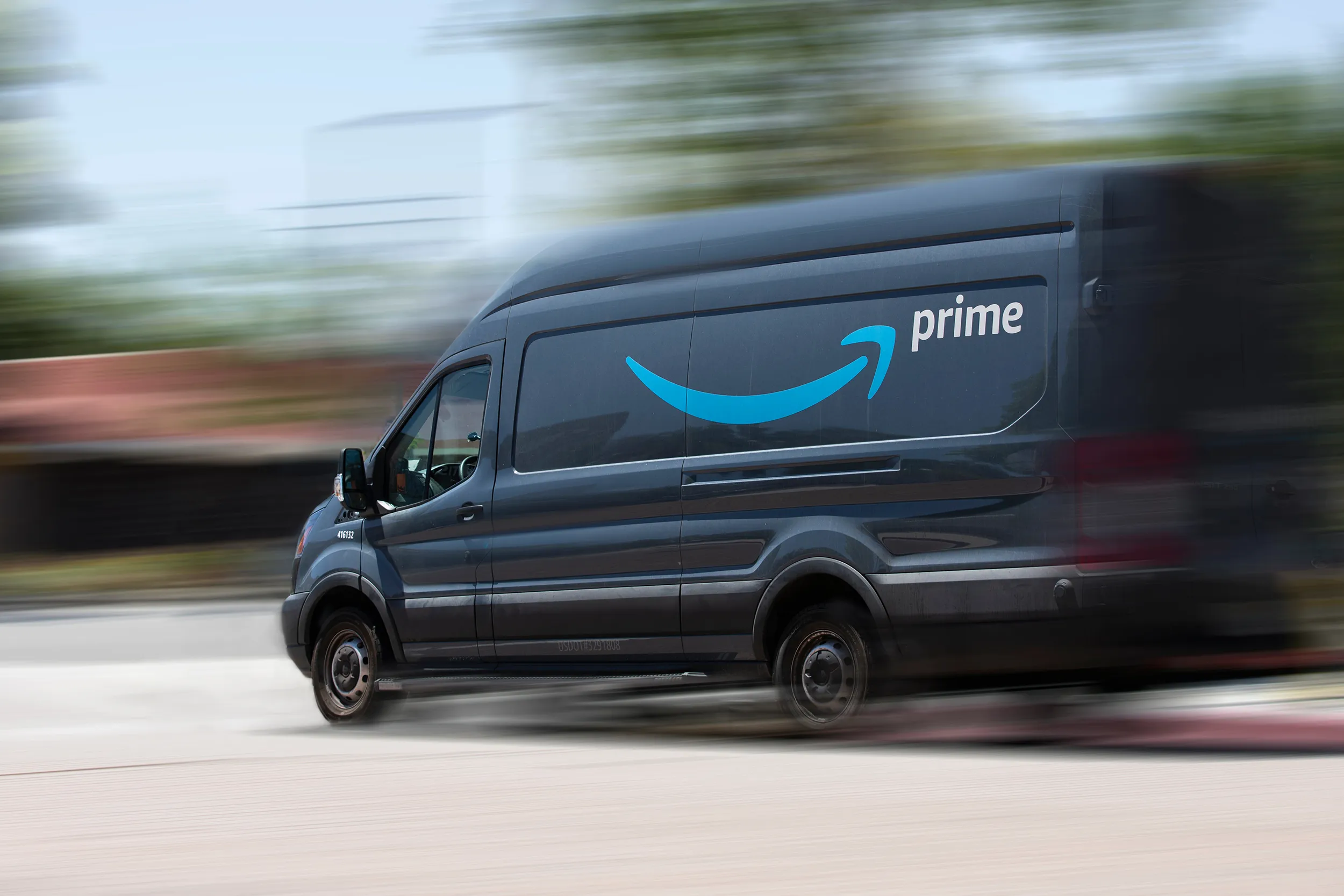Amazon’s “Kindle Direct Publishing”: The Disruptive Phenomenon of Self-Publishing
The other day I recorded and uploaded a new song, and my mom’s friend’s response after listening was, “Ali should have a recording contract!” That was a fantastic compliment, but it made me think — when will a contract with professional gatekeepers stop being the measure of success for artists? With the availability of many DIY tools for creating, sharing, and sustainably making money off of art (I discussed a few in this post), not to mention Kickstarter for projects like albums that have a finite ending point, creators of all levels of professionalism have a wealth of opportunities for distributing and commercializing their works, thanks to the Internet. And yet, the ultimate goal for many remains to get signed.
Gatekeepers exist in many industries. Some gatekeepers can make art better, by editing it, and helping artists develop and find their individual voice. But many gatekeepers who once exercised a curatorial role no longer add value, and are just legacy interests. They may think they’re being creative and that their taste is important, but in fact the only reason they exist is because they offer financing, often in the form of an advance. They’re basically cultural venture capitalists, deciding who to fund and amplify in the marketplace. And now with the growing prevalence of crowdfunding, their sole purpose may be becoming obsolete. Alexis Ohanian also made the point well in a recent article on his role in the fight against SOPA and for Internet freedom: “‘If you’re really interested in artists’ rights, look at the Internet and look at all this great art’ that it created, he said. Rhetoric that pits artists’ rights against the open Internet ‘infuriates me,’ Ohanian said, because of the amount of content being funded by such online incubators as Kickstarter and Indiegogo.”
Another form of creativity that is evolving due to the Internet is books, specifically the method and model of publishing them. The growing availability of tools for self-publishing books, such as Kindle Direct Publishing, has the potential to be transformative for the book industry. With self-publishing, authors can circumvent traditional gatekeepers, and this phenomenon is disruptive. A recent Huffington Post piece did a great job debunking the prevalent misconception that self-publishing is about an author’s vanity, and compellingly showed that, in fact, the real vanity comes in trying in vain for a contract with a so-called “real publisher.” Some of the myriad of advantages for authors from that article include:
Self-publishing has not only democratized publishing, it has opened up the opportunity for authors to publish at low or no cost, own all the rights, control the pricing and timetable for publishing, and get their books listed for sale and distribution on major outlets and platforms — e.g. Amazon, kindle, nook, other e-readers, Google and more.
Featured on Amazon.com in the Theresa Ragan Success Story, and also in the above Huffington Post column, Theresa Ragan is a model of success of the self-publishing movement. The Amazon feature explained how Ragan persevered even after receiving “over 100 rejections”(!) and ultimately went with self-publishing, specifically Kindle Direct Publishing, as a no-risk, last-ditch attempt. Ragan’s quotes in the Amazon piece demonstrate that she personally understands the problem of gatekeeping:
It felt unfair, somehow. It was like my success wasn’t being based on my writing abilities but was instead decided by two dozen people in New York. I knew I deserved better, and that readers deserved to read my books!
She hit quite clearly on the fact that these New York publishers were functioning as a useless gatekeeper, with whom the market now obviously disagrees. This is apparent because she has now sold more than 350,000 books as of August, with four books on Kindle’s Top 100 Best Sellers List, and in her best month made more than $100,000. But rather than lock up her secrets because of fear of competition, Ragan is very open and has a page on her website detailing the steps she took to publish her first book. She participates in a blog for the self-publishing community and shares details about how much money she makes:
I believe more and more writers are talking about money now because they CAN (no confidentiality clauses when you’re an indie author), and because it’s pretty exciting that authors don’t have to give 80% of their money to publishers. We get to keep the money our stories earn. How cool is that?
I am not sure how common her transparency is, but I’ve noticed that artist communities often want each other to thrive, because it is good for everyone for their craft to be valuable and desirable to customers. I haven’t found any information on whether her prices have changed at all, but her books are currently around $2.99. The aforementioned Huffington Post article also highlighted the significantly higher royalty percentages that are available for authors who self-publish, rather than go the traditional route:
Royalties for self-published books can range from thirty to eighty percent (depending on ancillary services that are selected) compared to the 71/2 to 15 percent in traditional publishing.
Whereas other parties like publishers, agents, and distributors would each take their cut, self-publishing authors retain a much higher amount of their royalties on each book, and thus can charge a lot less than under traditional contracts, and still make a higher profit.
The Amazon story ended with another great quote from Ragan:
I am so excited that writers have the opportunity to get their work in front of readers without jumping through insurmountable hoops. The publishing world is changing fast, and I plan to enjoy every minute of the ride.
Interestingly enough, today there was an Amazon event where multiple new Kindle models were introduced, including the Kindle HD and the Kindle Paperwhite, which apparently has “8 weeks of battery life!” according to a Tweet from the Kindle team. The below excerpt from Danny Sullivan’s liveblogging indicates that Kindle Direct Publishing (KDP) was also highlighted by Jeff Bezos during his presentation:
Now he’s reading off rejection letters various authors like Dr. Seuss or Kathryn Stockett received. Says he’s amazed how many authors keep going but also sad who many authors give up in the face of rejection. Could Amazon do something to help? That’s Kindle Direct Publishing. “It’s working,” he says of the program. 27 of the top 100 Kindle Books come out of the program.
Sullivan then concluded his section on this feature with “Now KDP authors are on video talking about their successes.”
To bring it back full circle to music, I wanted to highlight a few excerpts from a recent Rolling Stone interview with musician Amanda Palmer, in which she reflected on the changes in the music industry:
People like to refer to this thing called the music business as if it had a capital M… Up until recently, it’s been one controlled, interconnected industry. But now, what you’re really talking about is the relationship business. There’s no overarching structure anymore; that’s gone. The power and control is quickly going back to artists for the first time in a long time – maybe since the advent of recorded music. The bits of the music business as we knew them in the 1980s and 1990s that are surviving are evolving into structures geared towards helping artists, not taking advantage of them.
She later explained how Kickstarter allows for self-publishing without gatekeepers:
Kickstarter is basically a way of doing giant preorders for content that needs to preexist – artists need to have credibility to get support and audiences. But it’s not much different than in the old days, where you’d get out there, see what demand was and head off to the plant and print what you needed.
As Palmer predicts, “I really think that the collapse of distribution as we know it may be the salvation of music.”







